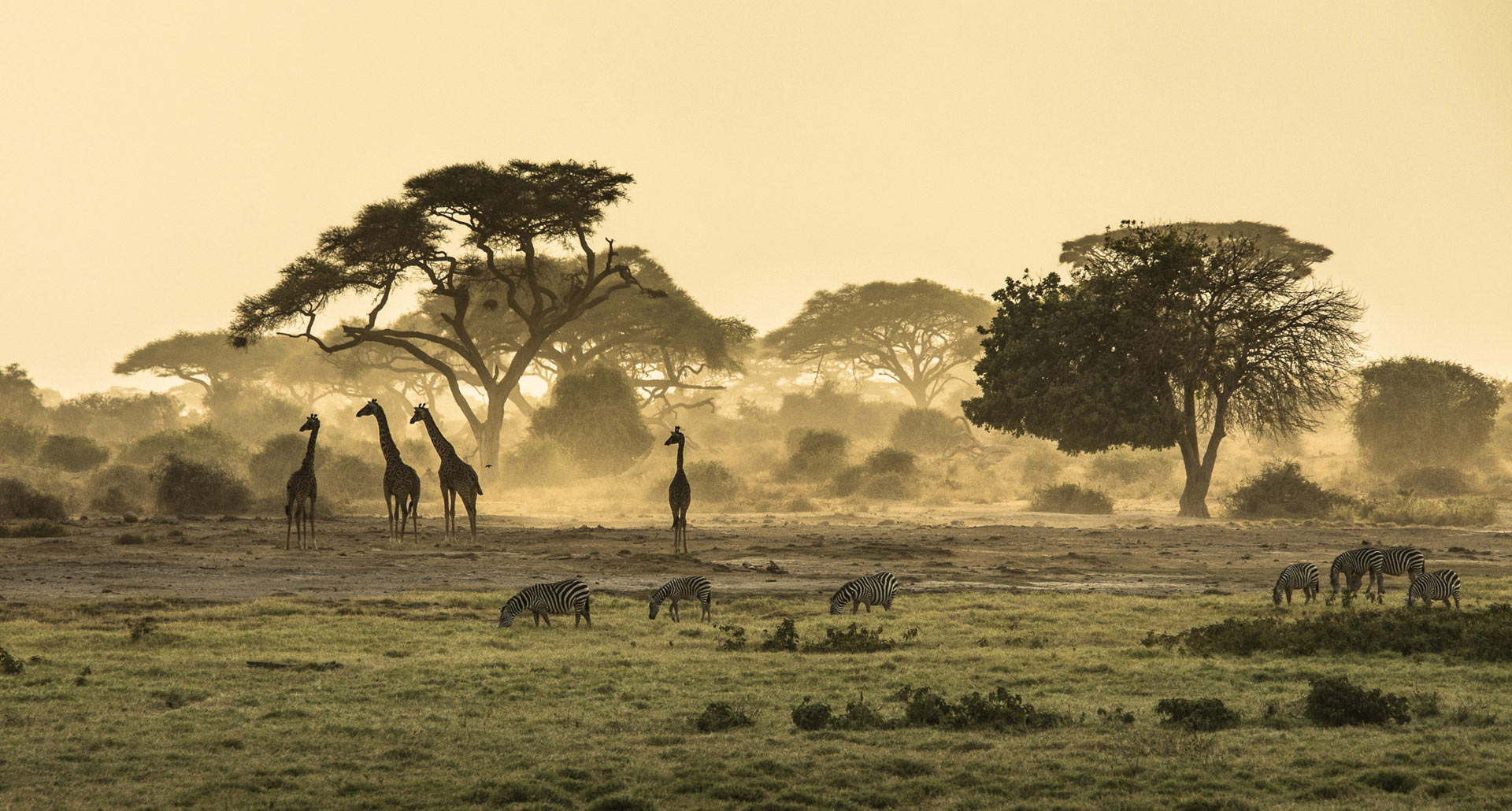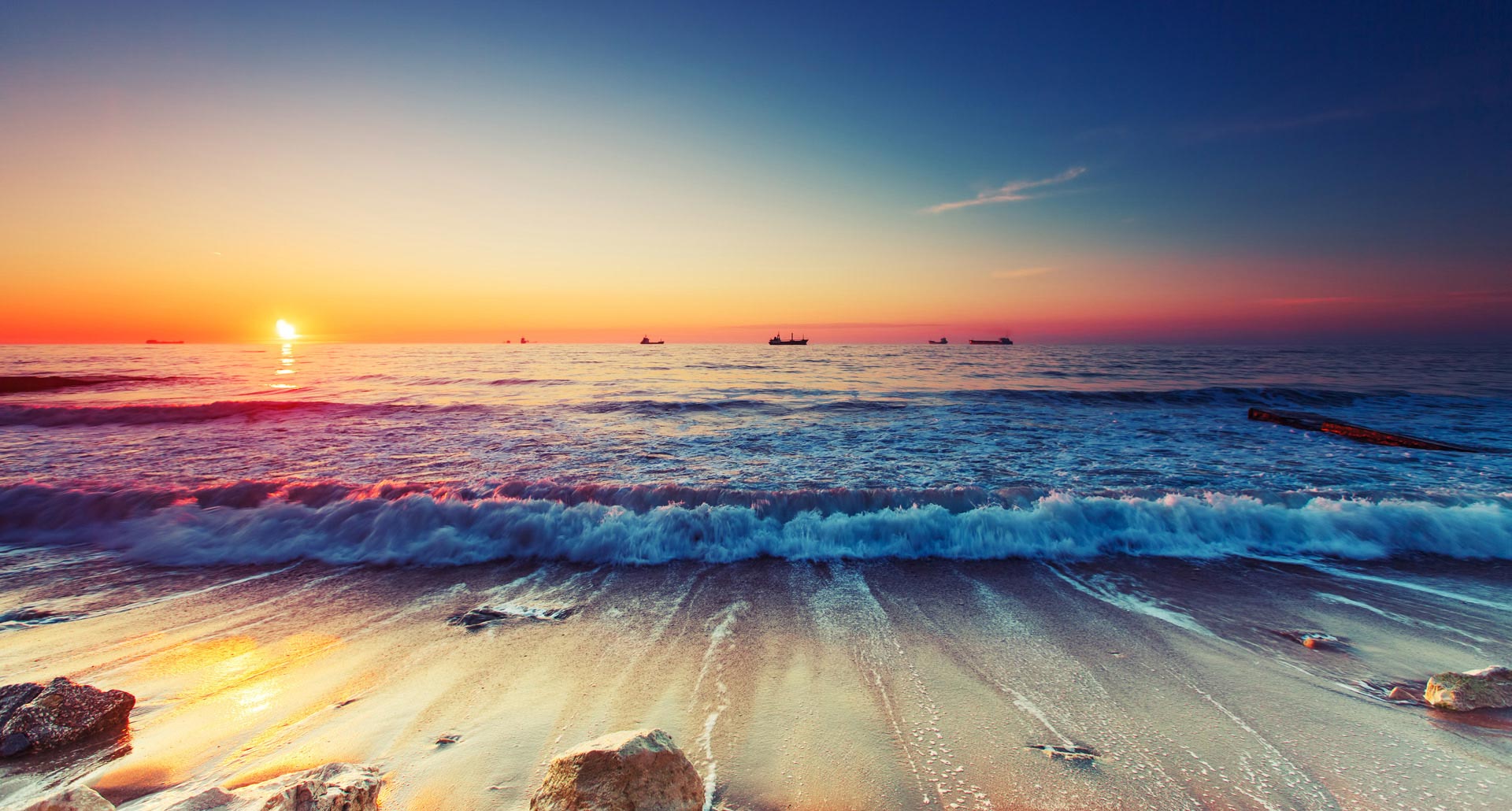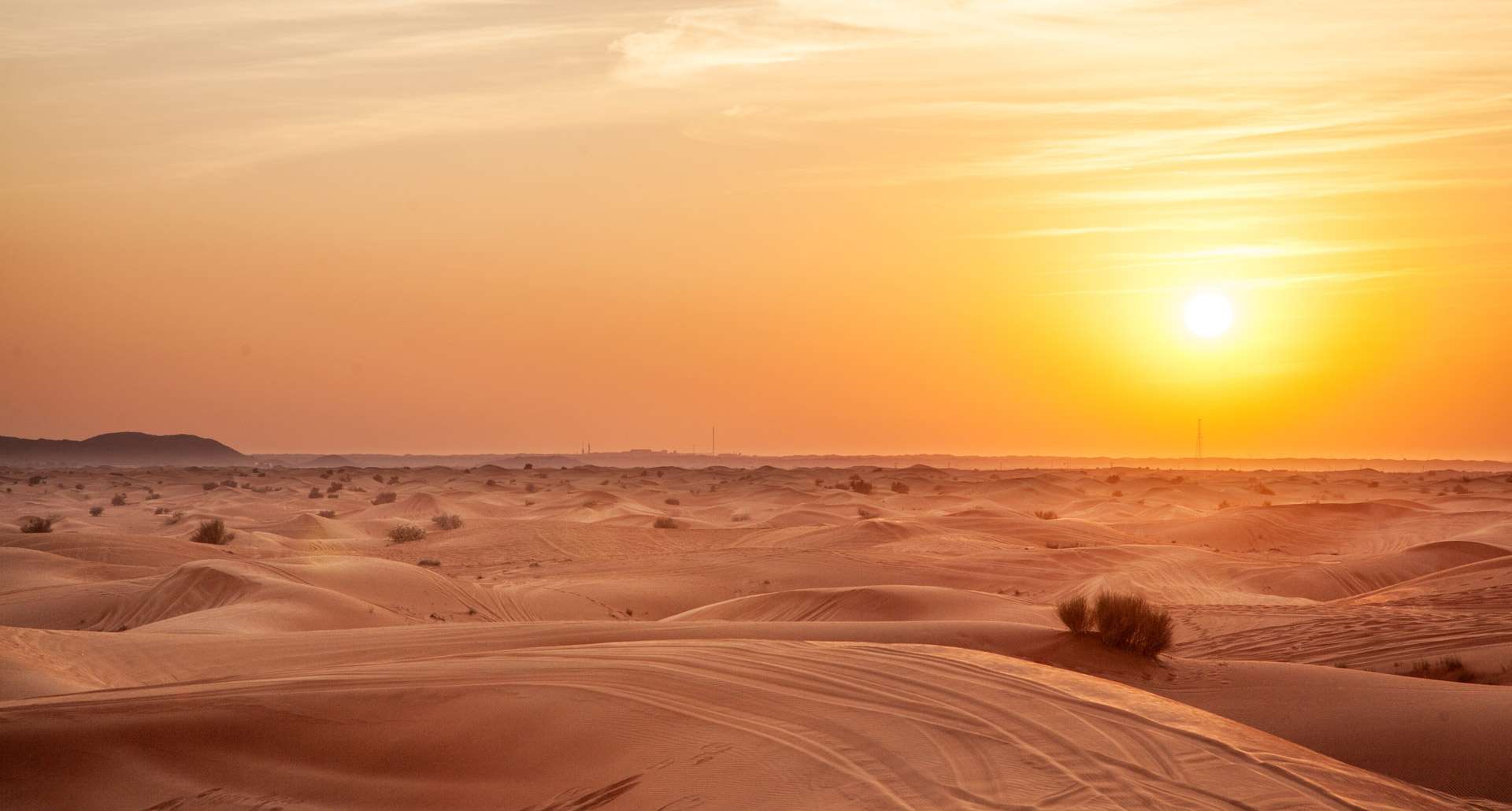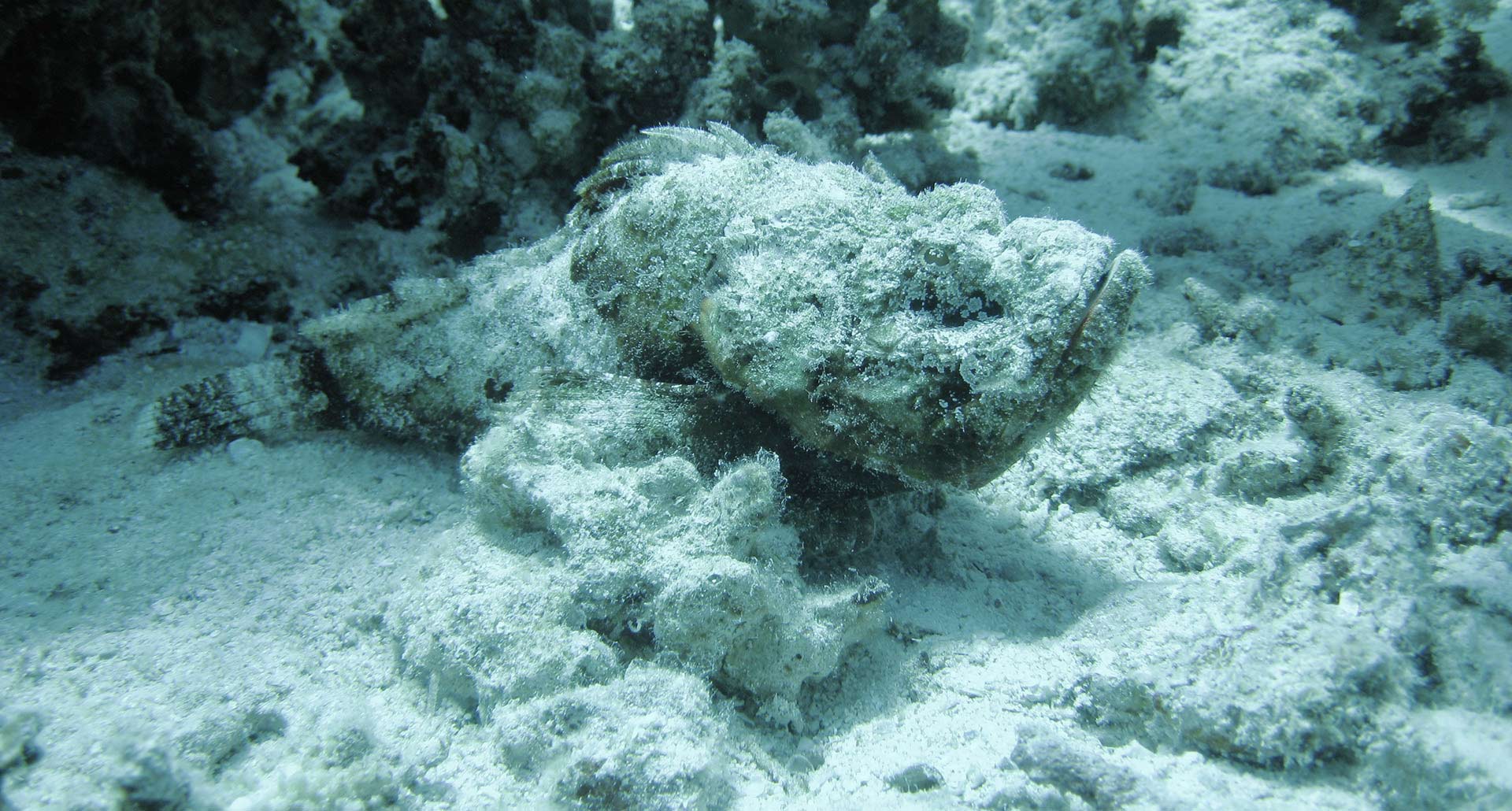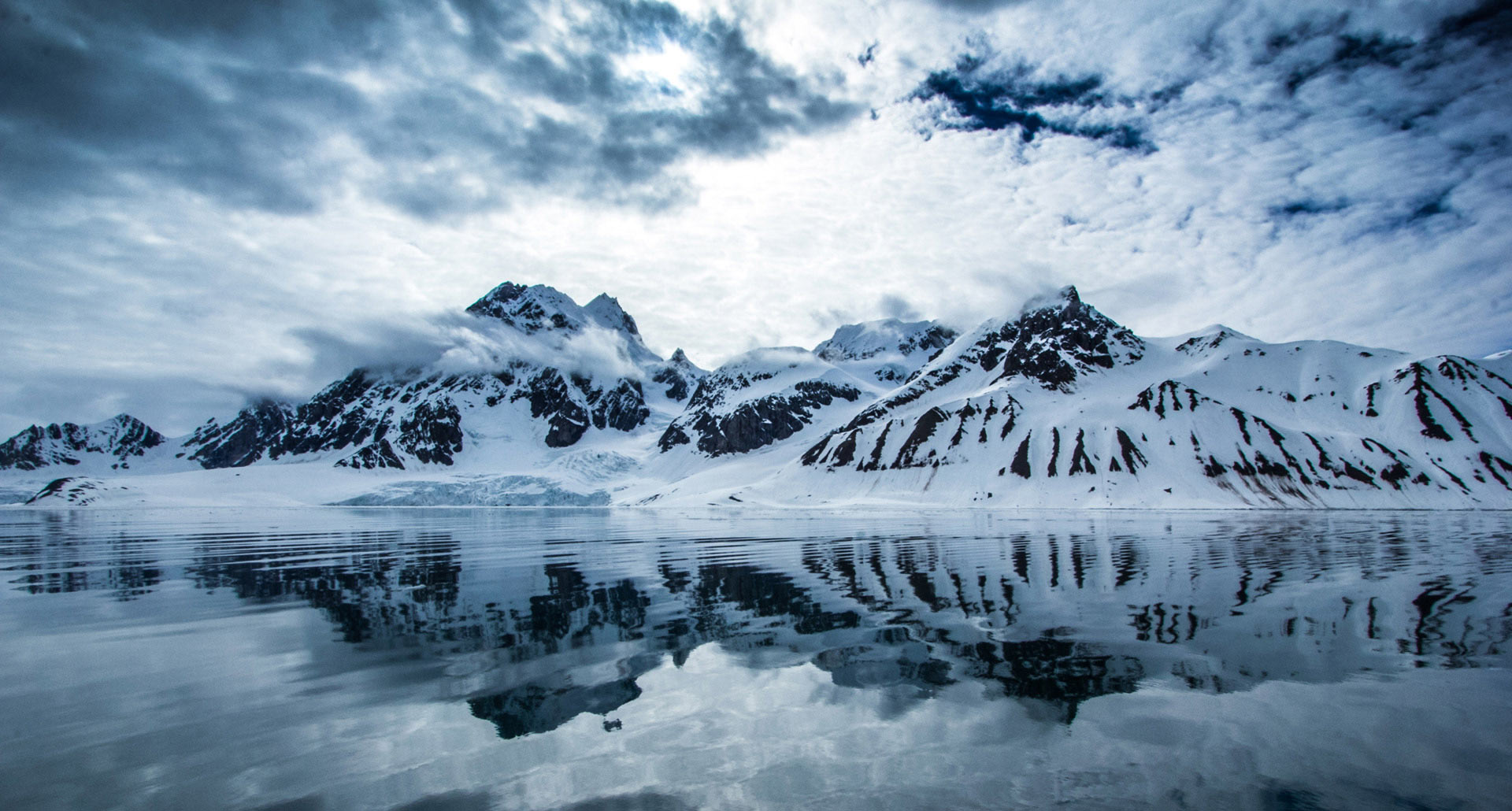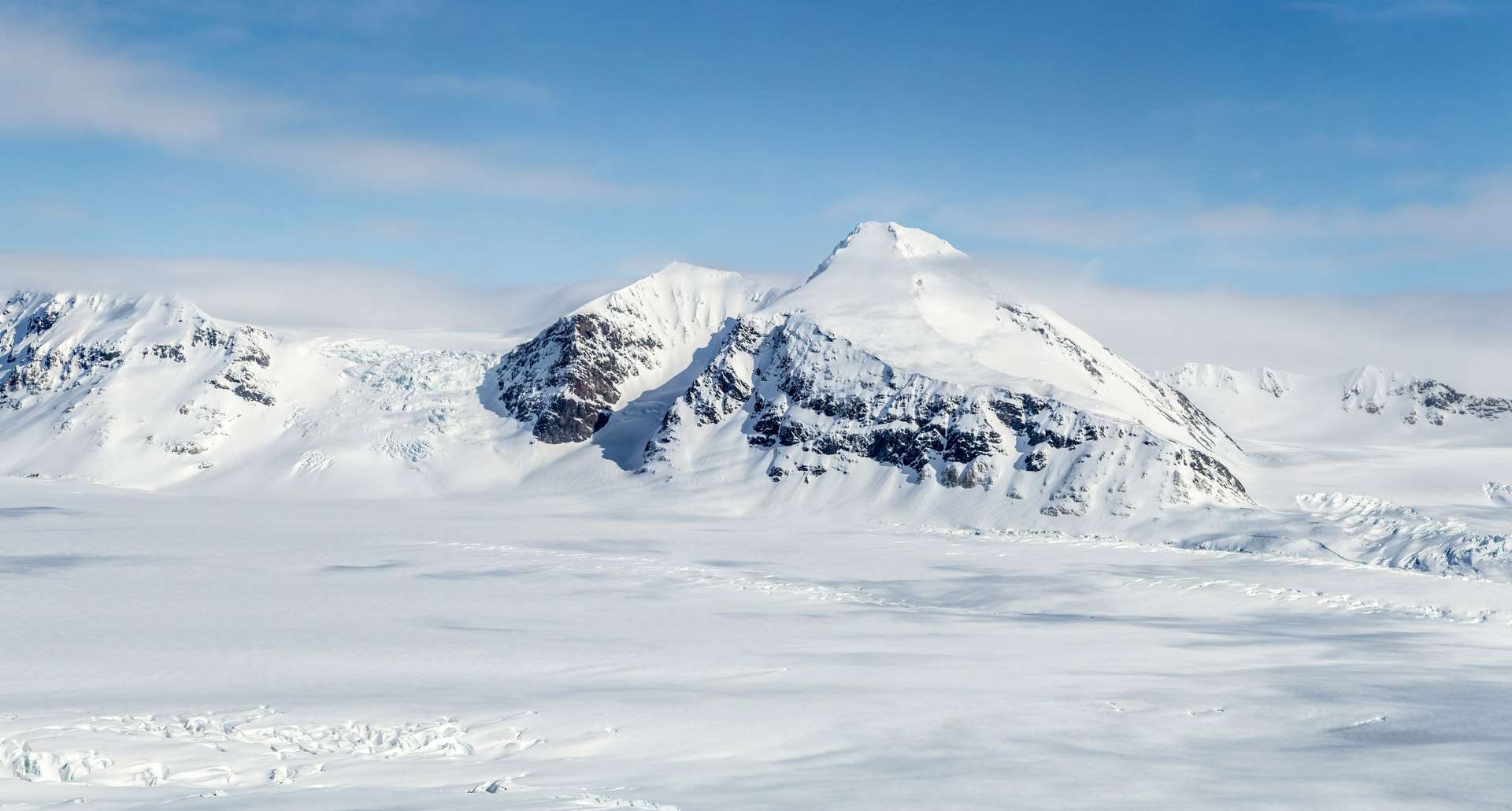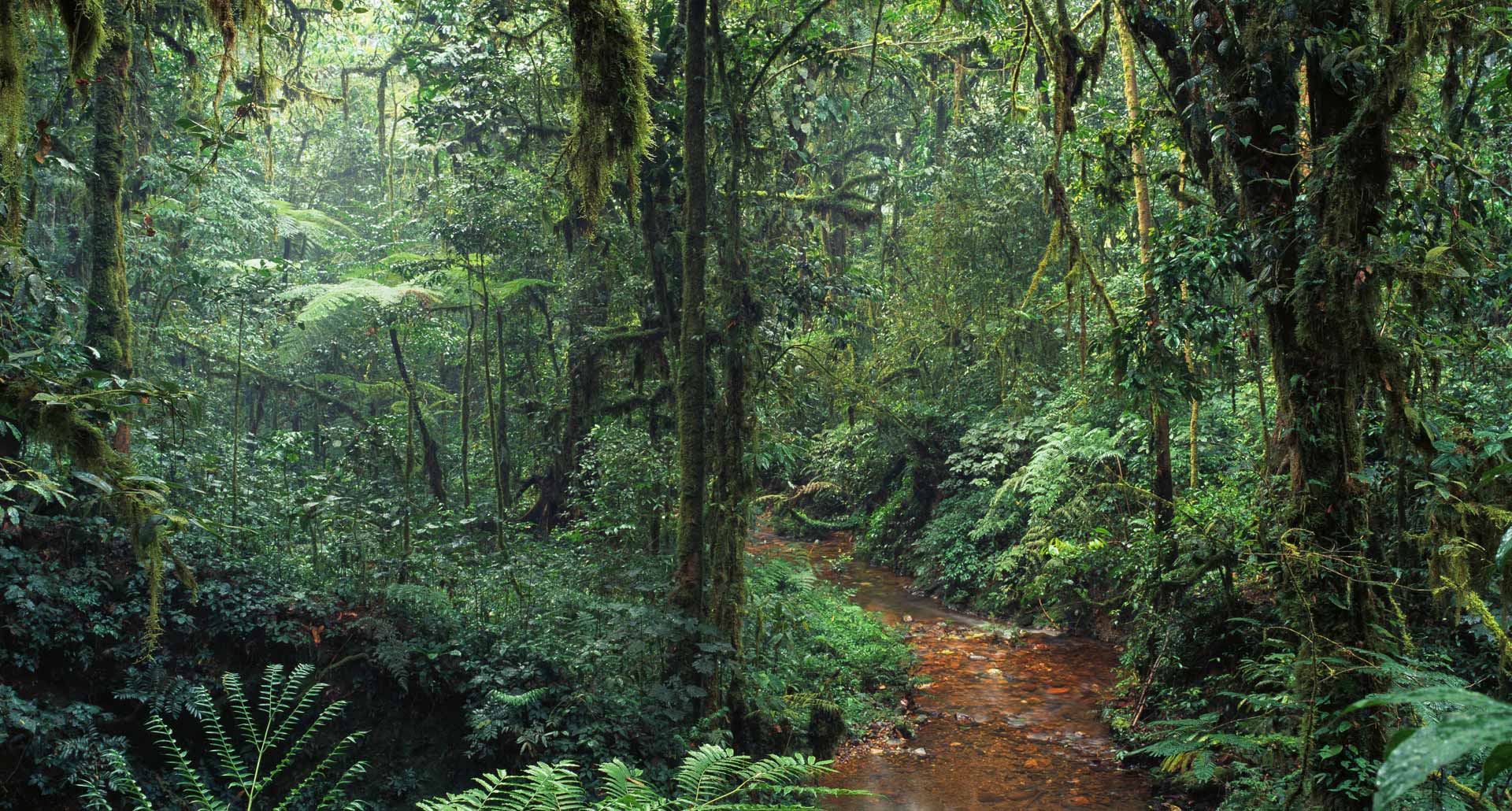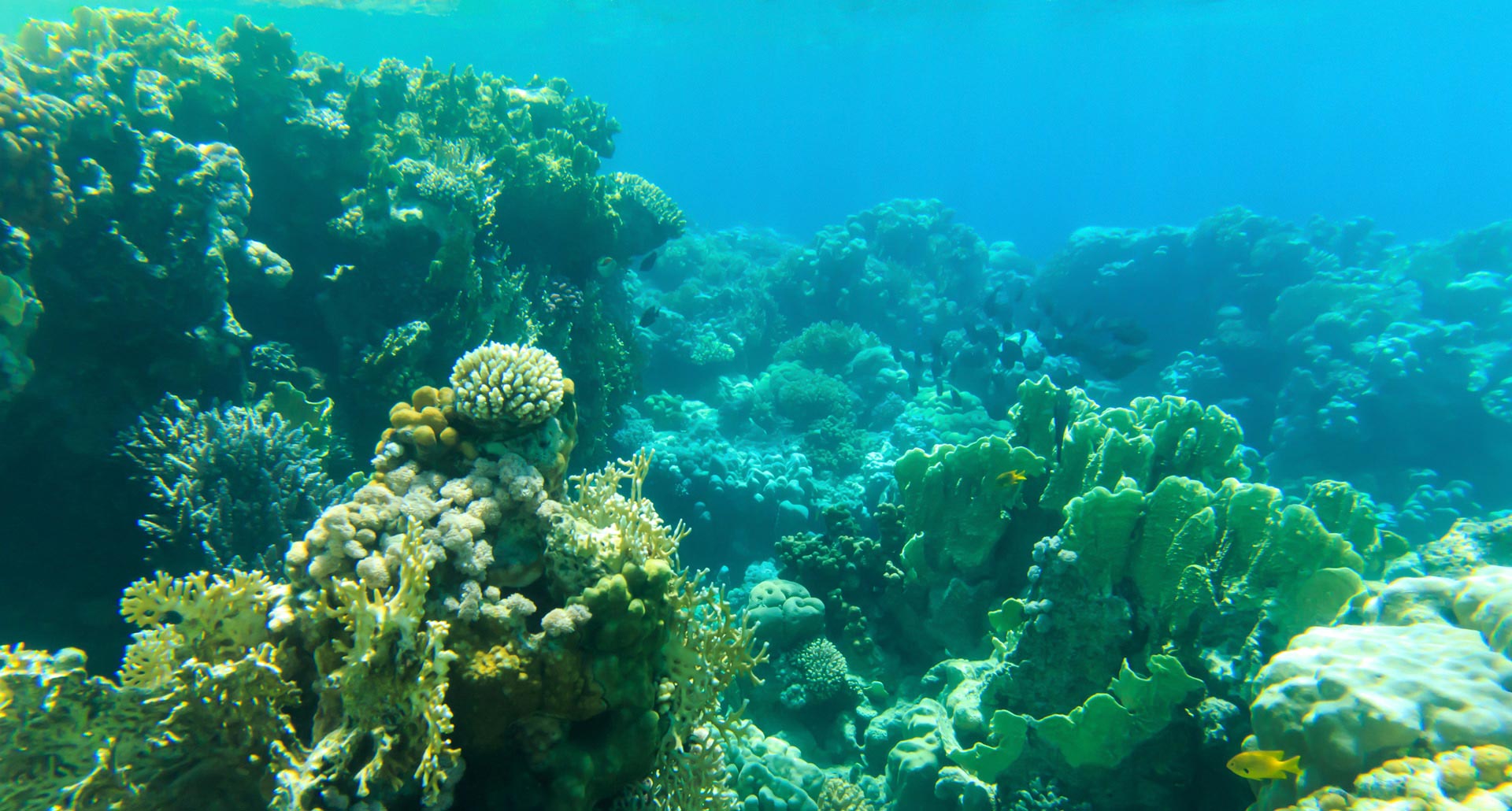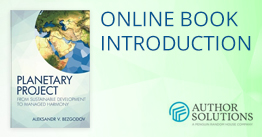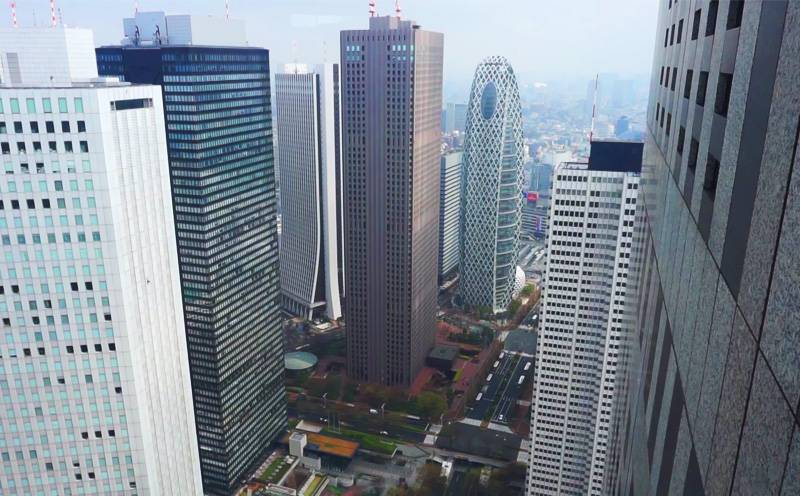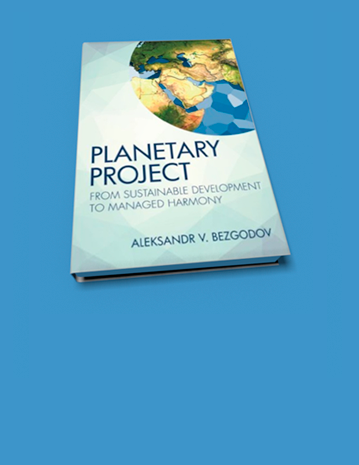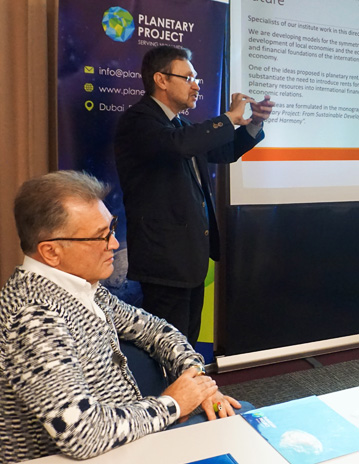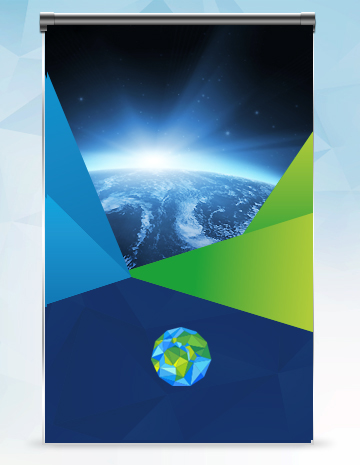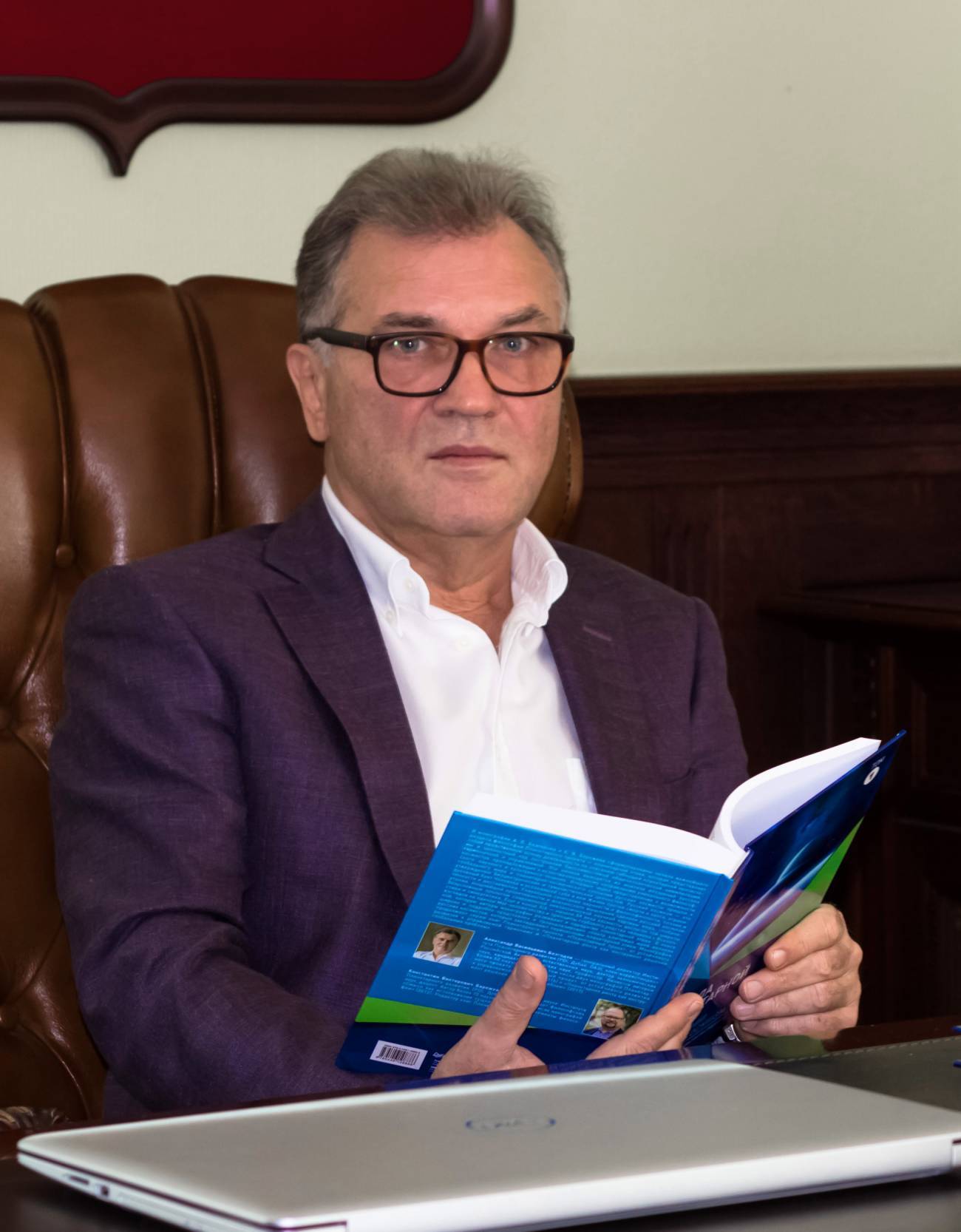
地球计划
气候变化、资源面临枯竭威胁、自然和政治剧变、战争、世界经济危机……所有这一切都指向一个结论——我们正身处灾难的边缘。但是,我们仍然有最后一线机会能够自救,为我们自己和子孙去保护世界。为此我们要化干戈为为玉帛,成为真诚相待的人类。
地球计划是一项科学化的理论和务实性的方案,为多中心世界创造新的经济基础。在这样的世界里,每个国家都将在全球劳动分工中占据一席之地,实现人人满意的生活水准。
我们将基于地球行为准则提出崭新的世界设计建议。这一行为准则普遍适用——它可以让人类以文化多样性和团结的方式来对待我们的地球。
只要我们团结起来,在理性、灵性和妥协的基础上做出正确的抉择,我们就可能拯救世界。如果我们现在还不开始行动,很快就会发现为时已晚。
了解地球计划详情
地球日历

行星新闻

Planet and Beyond
项目新闻

The Sheikh Zayed Book award
我们的出版物
Climate Action Planning (courtesy BBC)
博客
Red Code for the Humanity
After a weekend of foreboding among climate wonks, the United Nations International Panel on Climate Change (IPCC) Working Group I released its contribution to the Sixth Assessment Report, Climate Change 2021: The Physical Science Basis on Monday. This is the first of three working group contributions to be released over the next 9 months before the IPCC releases the final assessment report in the fall of 2022. With each report building off the others, this first report focuses on what the science itself says, an aggregation of the evidence to date, and what that means for our future — most of which looks bleak.
People are actually happier when they make more money
While the old adage says that money can't buy happiness, several studies have shown that the more your income increases, the happier you are, up to $ 75,000 a year. Once this threshold is reached, more income doesn't matter. The happiest people in the world have an average annual salary of $ 36,000. The happiest country in the world appears to be Finland, and in its capital, Helsinki, the average salary is £ 27,936 (about US $ 36,000). This study follows the much-discussed Princeton University study in 2010, which found that emotional well-being rises only with income up to about $ 75,000 for Americans (or $ 86,000 in today's dollars)...
A Hot Spot in the Land of Ice
The warmer the climate is in the Arctic, the cooler the relations are between the northern countries. It took a third of the last century for the Arctic Ocean’s ice cover to shrink by one third. The natural wealth of the Arctic water area has become more accessible, and international cooperation in this region has turned into rivalry. There is something to fight for, indeed. According to official data of the United States Geological Survey, almost a quarter of the world's hydrocarbon resources are concentrated in the depths of the Arctic: 90 billion barrels of oil, more than 48 trillion cubic meters of natural gas, and 44 billion barrels of gas condensate. And since there is no single international treaty defining the legal status of the Arctic, several nations have already claimed the right to the exclusive possession of promising territories...

